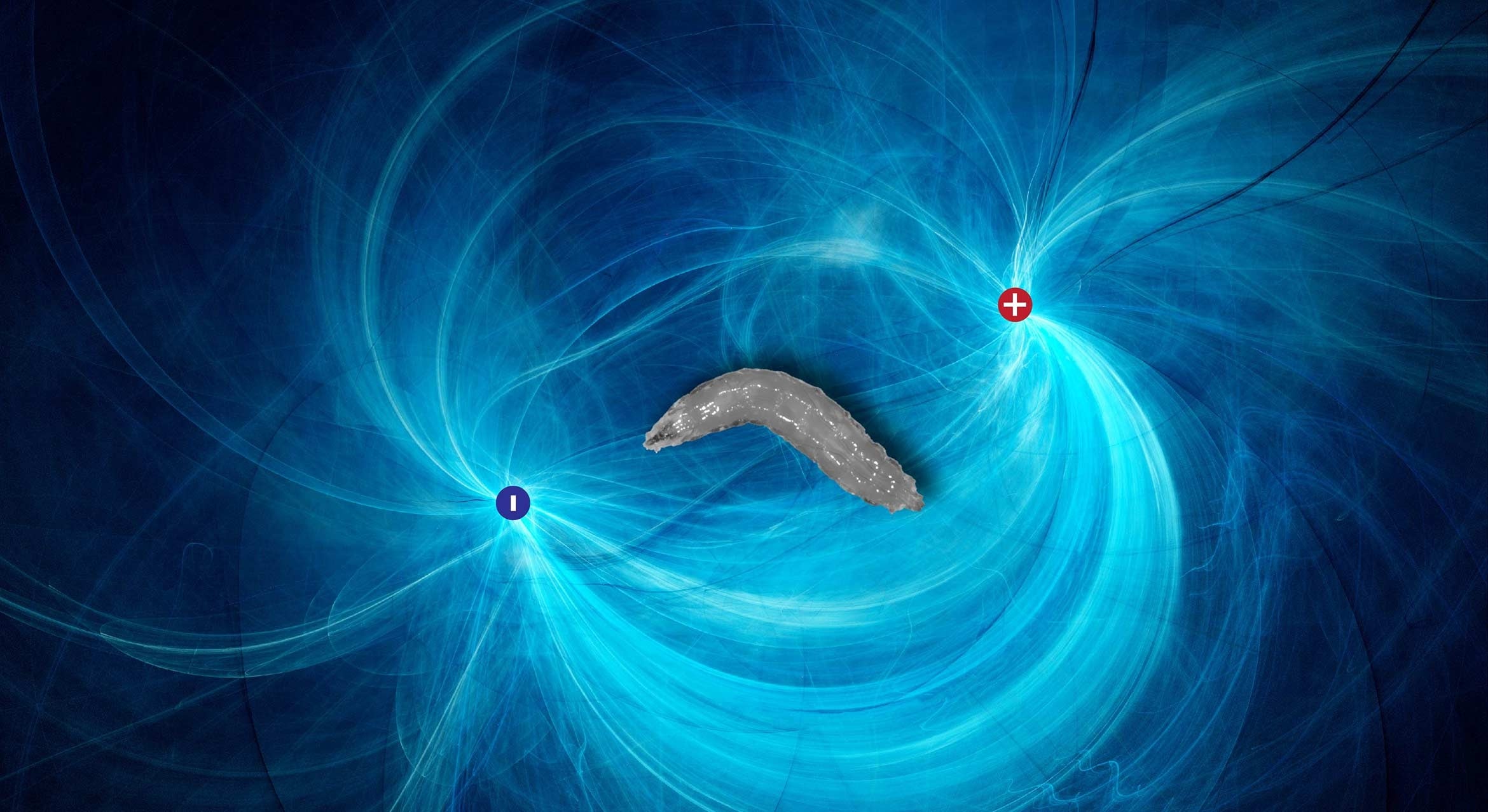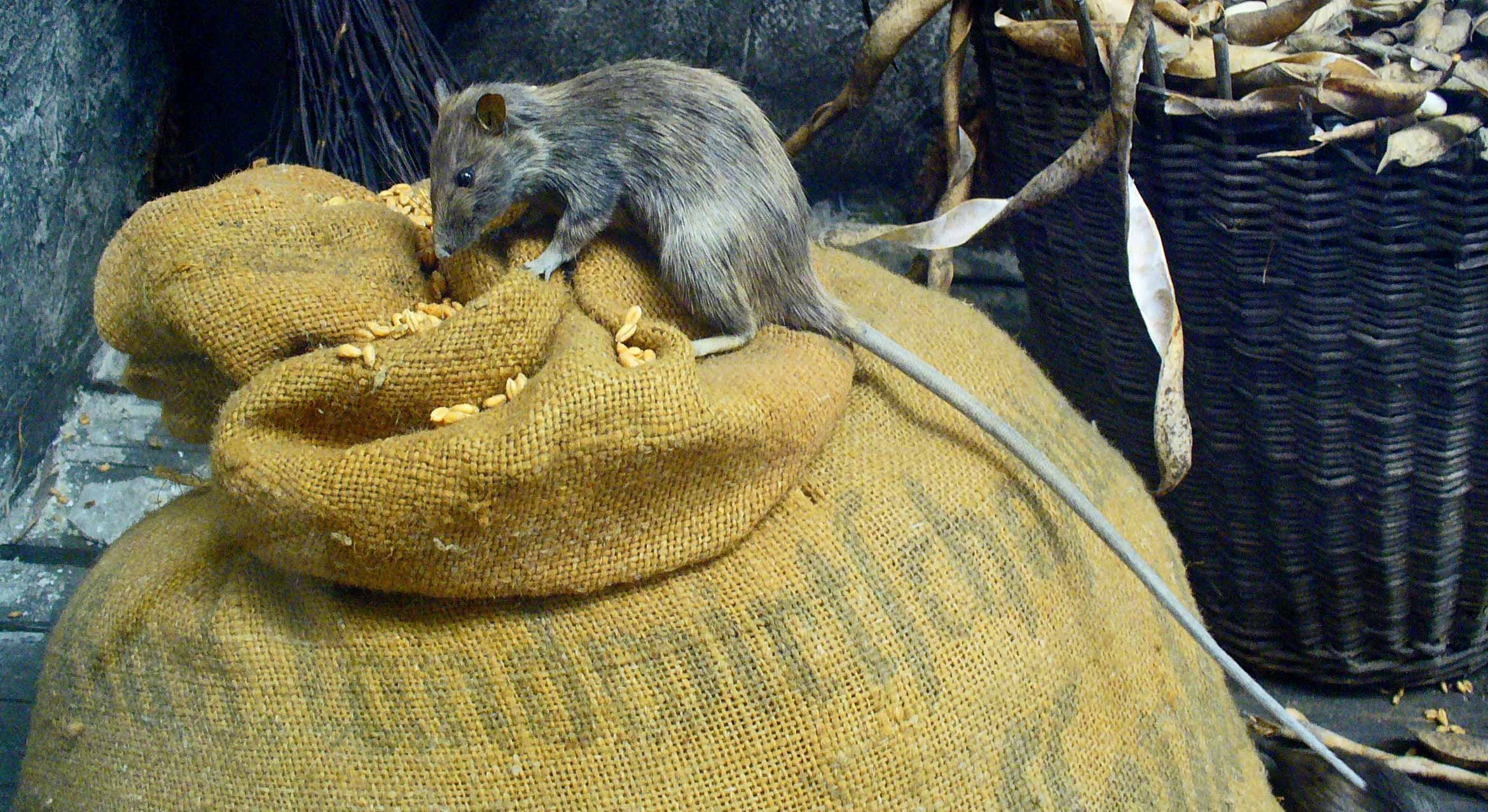
Good as Gold
One aspires to an academic and research career focused on atomic resolution imaging; the other is aiming for a doctorate in materials science. Together, they have made UC Santa Barbara, the only UC campus to have multiple winners of the prestigious Barry Goldwater Scholarship.
Dolev Bluvstein and Shelby Shankel, both undergraduate students in UCSB’s College of Creative Studies have been named 2017 Barry Goldwater Scholars. UCSB engineering student Michael Abramovitch received an honorable mention from the Barry Goldwater Scholarship & Excellence in Education Foundation.
Established by Congress in 1986 to honor Senator Barry Goldwater, the scholarships are designed to foster and encourage outstanding students to pursue careers in science, technology, engineering and mathematics (STEM).
Bluvstein and Shankel are among 240 sophomores and juniors nationwide to receive scholarships, selected from a field of 1,286. Of the total number of awardees, six hail from the University of California, with UCSB the only campus to have multiple winners.
“I am so happy to congratulate Dolev and Shelby as recipients of the 2017 Goldwater Scholarship,” said Kathy Folz, interim dean of the College of Creative Studies (CCS). “These students have brought distinction to UCSB and to CCS. Their accomplishments are truly amazing and I look forward to their continued success, in and out of the research lab. I also wish to congratulate both students’ research mentors, who provide the opportunities and dedicated professional guidance for these young research-scholars.”
The scholarship is an important first step toward academic and professional success, providing crucial support to ambitious young scholars.
“The scholarship will help me save money for graduate school, where I hope to continue studying condensed matter,” said Bluvstein, a sophomore physics major who works in professor Ania Jayich’s experimental condensed matter group. “The Goldwater scholarship is an important milestone in my young research career and a great honor.”
Criteria for Goldwater Scholarships include a nominated student’s area of study, career objectives and, perhaps most important, the extent to which the student has the commitment and potential to make a significant contribution to his or her field. Recipients are awarded funds to cover the cost of tuition, fees, books and room and board up to a maximum of $7,500 per year for a one- or two-year period.
Students nominated for Goldwater Scholarships must submit a statement of interest in a research career in one of the STEM fields; it is expected that students selected will pursue advanced degrees.
Bluvstein, who plans to complete a Ph.D. in physics, wants ultimately to conduct research in atomic resolution imaging and quantum information while teaching at the university level. “Even though science fiction movies depict the advancement of civilization with looming skyscrapers and flying vehicles, I see an immense power in going smaller,” he explained. “Atomic understanding allows one kilogram of uranium to produce as much electricity as 15,000 kilograms of coal. I believe nanoscale technology will revolutionize the human capacity to comprehend and master our surroundings, and I want to catalyze that revolution by becoming a research professor and leading a team in the discovery and development of nanoscale physics and technology.”
Bluvstein credits his work with Jayich and her research group for teaching him that creativity is an important part of experimental research. “I learned that if you’re not failing frequently, you’re not pushing the frontier of human understanding and you’re certainly not pushing the boundaries of your personal capabilities,” he said.
Shankel, a chemistry major, hopes to get a Ph.D. in materials science with a focus on organic synthesis. She does research work with Javier Read de Alaniz, a professor of chemistry, and with Craig Hawker, the director of the Materials Research Laboratory.
Shankel praises the strongly collaborative lab environment she works in for its wide range of research expertise. “This scientifically diverse workspace has widened my perspective on the connections between different fields of research,” she said. “The collaboration in the lab has shown me how important different viewpoints are in research, especially in expanding your work beyond a single field in order to make a greater impact.”



